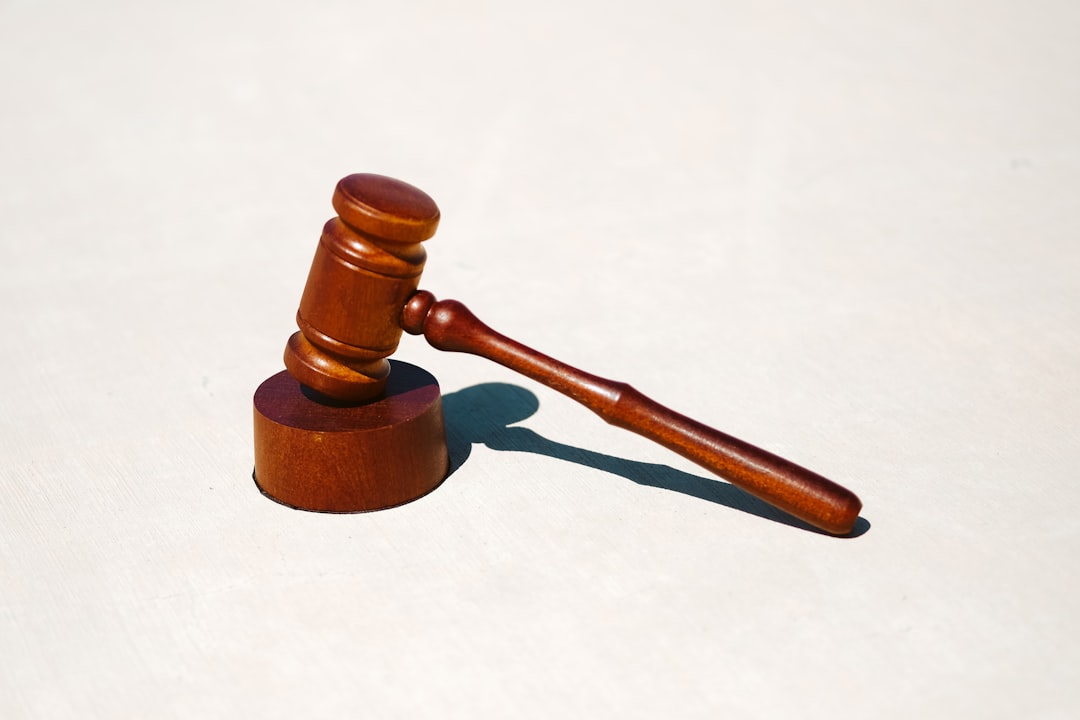Virginia's Do Not Call Laws protect residents from unwanted telemarketing by restricting calls to registered numbers and mandating explicit consent. Businesses must comply with these regulations, which include caller ID display, internal do-not-call lists, and recordkeeping, or face fines up to $10,000 per violation.
“In Virginia, understanding and adhering to Do Not Call Laws are paramount for businesses engaging in telemarketing activities. This comprehensive guide navigates the intricate rules and regulations set forth by the state, ensuring compliance and respect for residents’ privacy. From Telemarketing Restrictions and Exclusions to Compliance Requirements and Penalties, this article offers insights into navigating Virginia’s stringent Do Not Call Laws. By familiarizing yourself with these laws, you can avoid legal pitfalls and foster positive relationships with potential customers.”
Understanding Virginia's Do Not Call Laws

Virginia has established stringent Do Not Call laws to protect residents from unwanted telemarketing calls. These regulations are designed to give individuals control over their phone privacy and reduce the volume of unsolicited sales pitches they receive. Under Virginia’s law, businesses must adhere to strict guidelines when making telemarketing calls, including obtaining explicit consent from recipients before dialing.
The Do Not Call list in Virginia is extensive, encompassing both registered and unregistered numbers. Any entity that violates these rules by calling a number on the list without prior permission may face penalties, including fines. Understanding and complying with these laws are essential for businesses to ensure their marketing efforts remain legitimate and respectful of individual privacy rights.
Telemarketing Restrictions and Exclusions

In Virginia, telemarketing activities are subject to specific regulations, with a strong emphasis on respecting consumer privacy and choices. The state’s Do Not Call Laws play a pivotal role in protecting residents from unwanted sales or marketing calls. These laws restrict telemarketers from making calls to numbers listed on the Do Not Call registry, ensuring that consumers can enjoy their right to silence from intrusive sales pitches.
However, not all calls are restricted. Exclusions exist for certain types of organizations and calls, such as those made with the caller’s prior consent, internal business calls, or messages left for specific individuals who have given explicit permission. Understanding these restrictions is crucial for both consumers and businesses to ensure compliance with Virginia’s telemarketing regulations, especially when navigating the Do Not Call Laws in the state.
Compliance Requirements for Businesses

Virginia’s Do Not Call laws are designed to protect residents from unwanted telemarketing calls, offering a layer of privacy and peace. Businesses operating within the state must comply with these regulations, which include specific rules regarding caller ID displays. One key requirement is that callers must provide their name and phone number, or a valid business purpose, when initiating contact. This ensures recipients can identify and potentially block unwanted callers.
Furthermore, businesses are mandated to maintain an internal do-not-call list, honoring requests from customers to cease contact. Non-compliance can result in fines, emphasizing the importance of adopting robust systems for tracking and adhering to these regulations. By implementing these measures, Virginia residents can enjoy greater control over their communication preferences while ensuring businesses operate within a fair and regulated environment.
Penalties and Enforcement of Do Not Call Rules

Under Virginia’s telemarketing laws, violations of Do Not Call rules can result in significant penalties for businesses and marketers. The state enforces these regulations strictly to protect residents from unwanted calls. Fines can range from $500 to $10,000 per violation, depending on the severity and intent. Repeat offenders face even harsher consequences, including potential permanent injunctions against telemarketing activities in Virginia.
Enforcement is handled by the Virginia Attorney General’s Office, which receives complaints from residents and conducts investigations. They work closely with regulatory bodies to ensure compliance across the board. Marketers are encouraged to stay informed about Do Not Call laws, maintain accurate records of consent and exemptions, and employ robust systems to verify consumer preferences before making any calls.






